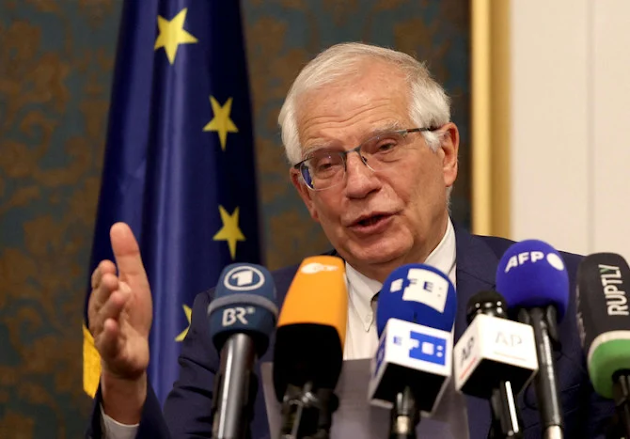The European Union (EU) put forward a new draft text on Tuesday to revive the 2015 Iran nuclear deal. The EU’s foreign policy chief said that there is no room left for further major compromises.
While referring to the deal, EU’s Josep Borrell wrote in an
essay in the Financial Times, “I have now put on the table a text that
addresses, in precise detail, the sanctions lifting as well as the nuclear
steps needed to restore the JCPOA.” In 2015, Iran, China, France, Germany,
Russia, the United Kingdom, and the United States signed the nuclear deal,
which was also known as the Joint Comprehensive Plan of Action or JCPOA.
Borrell further said, “I have concluded that the space for
additional significant compromises has been exhausted.” In the last few months,
the EU made significant efforts to revive the Iran nuclear deal. The JCPOA
participants and the US held 15 months of intense and constructive negotiations
in Vienna, the Capital of Austria, about the Iran nuclear deal.
Ali Bagheri Kani, Iran’s lead nuclear negotiator, also
confirmed that Borrell had put forward a new proposal for the revival of the
Iran nuclear deal. He wrote on Twitter, “We, too, have our own ideas, both in
substance and form, to conclude the negotiations which would be shared.”
US State Department spokesman Ned Price also said that the
US was reviewing the “draft understanding” that Borrell shared with Iran. The
US would respond directly to the EU.
According to Arab News, Borrell did not provide details
about his proposal. However, he said, “It is now time for swift political
decisions to conclude the Vienna negotiations.”
Under the 2015 deal or JCPOA, Iran
was asked to limit its nuclear activity to civilian purposes, and in return, western
countries said to drop their economic sanctions against Iran.

Comments
Post a Comment